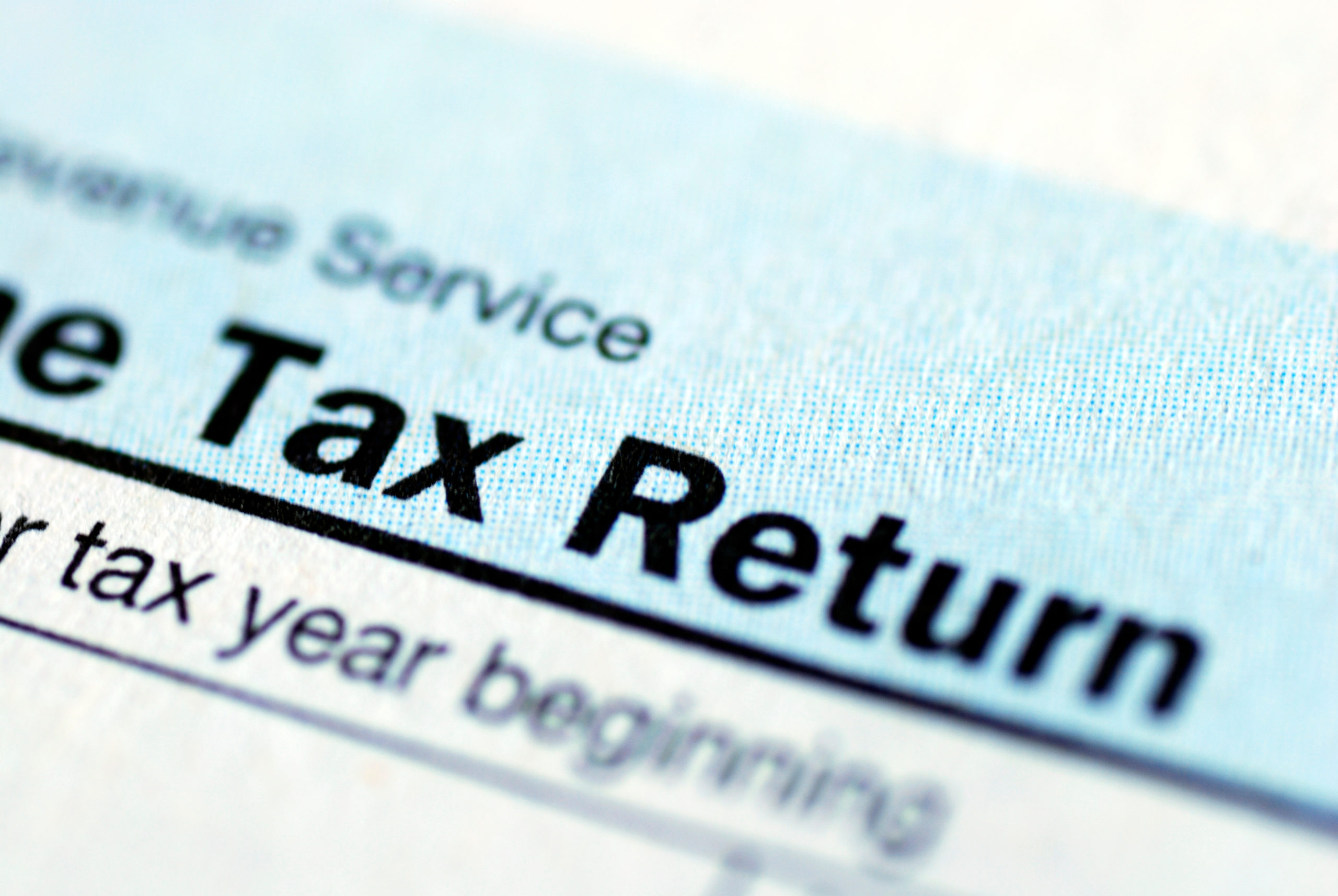
A new decade begins a few days. Where did 2019 go? The older I get the faster time goes. I can still remember moving back to Columbia in August 1999. Our sons were 6 and 3. They now hold Hickman HS diplomas. My wife and I are now empty nesters and we are expecting the birth of our first grandchild in February.
Y2K was a popular topic in December of 1999. Would computers revolt and stop working? Would passenger jets fall out of the sky at the stroke of midnight on December 31, 1999? Would the money in our bank and credit union accounts disappear? Was the day of judgment (the end of the world) at hand? The concerns of people ran the spectrum from minor to crazy. Thankfully, tech nerds were aware of the problem and successfully replaced the old code that used 2-digit numbers for the year. Looking back to 1/1/2000, I don’t remember anything going wrong.
As technology has increased, so has the complexity of the tax code. Back in the 1980s I prepared tax returns using a pencil, a calculator, and preprinted IRS Forms. But that was before personal computers and way before cell phones. Congress could not have expanded the tax code without the development of tax software. Technology has been a driver of the complexity of the tax code. If we could turn back the clock and bring the current tax code with us back to 1985, there would be many possible consequences. Perhaps you can think of some. Here is my list:
- Many tax preparers would quit and find other work.
- Noncompliance would greatly increase.
- The cost tax return preparation could increase from $500 to $5,000, or more.
- The black-market underground of untraceable transactions would flourish.
- Many people would switch to barter for goods and services.
- The use of bank accounts and credit cards would decrease.
- Politicians voted out.
Thankfully, forcing the current tax code on technology that is 35 years old won’t happen. The changes to the tax code have happened gradually, like a sunrise or a sunset. Ok, enough of a detour down memory lane.
I have listed IRS penalties from mildest to harshest.
- Underpayment penalty. The least egregious of all IRS penalties is the underpayment penalty. This penalty is assessed if you owe the IRS more than $1,000, or if you are self-employed and didn’t make your estimated payments timely. This tax is simple interest and is adjusted every quarter. In the past few years, it was as low as 3% and as high as 6%, and currently sits at 5%. Most people cannot obtain a better rate on a bank loan. Some business owners purposely incur this penalty by ignoring estimated payments because it helps their cash flow.
- Interest. Technically, interest is not a penalty, but it does increase the amount you owe in addition to tax just like a penalty. Interest is statutory, meaning that it applies without exception. You pay it if you owe the IRS, and the IRS pays you interest if they take too long to pay your refund. Interest is assessed when any penalties are computed.
- The late payment penalty is 0.5% per month (up to a maximum of 25%).
- If you receive an IRS notice with a tax assessment, you have 21 days to pay the tax assessment before the late payment penalty of 0.5% applies. You do have the option to respond by the due date with facts and documentation that the notice was based on inaccurate information.
- Late filing penalty. Personal tax returns are due each year by April 15, or the first business day thereafter. A timely 6-month extension filed by the due date will allow a tax return to be filed by October 15. A similar 6-month extension is also allowed to partnership and S corporation returns (due March 15). Penalties for paying after the due date are 5% of the balance due per month up to a maximum of 25%. One day late is considered one month late. This penalty often applies in combination with other penalties and interest
- Accuracy penalties. If the Service determines that your originally filed tax return understated your tax liability significantly, they will slap you with an accuracy penalty of 20%. That penalty increases to 40% for gross valuation errors.
- Penalties for failure to provide foreign income information is essentially evading taxes on foreign source income. The consequences are serious.
- Tax fraud. The penalty for tax fraud is 75% of the tax due. Intentionally filing a false or frivolous tax return can result in fines and prison. (Have you ever heard of Alphonse Capone?) Your obligation to pay the income tax you owe should not be ignored.
- Business penalties are beyond the scope of this article but here are a few.
- Penalties related to information returns such as W-2s and 1099s.
- Penalties for filing quarterly payroll returns late.
- Penalties for paying federal payroll taxes late.
- Tax preparer are subject to several significant penalties. Tax preparers are not required to audit every number you give them. But they are required to act as a prudent professional and ask questions when things don’t make sense. I have seen a few imaginary numbers (from prospective clients) in my career and did not hesitate to show them the door.
Finally, some of these penalties can be abated through a formal request, so all is not as bleak as it seems.
Aric Schreiner, CPA, PFS, is managing member of Columbia CPA Group, LLC.




